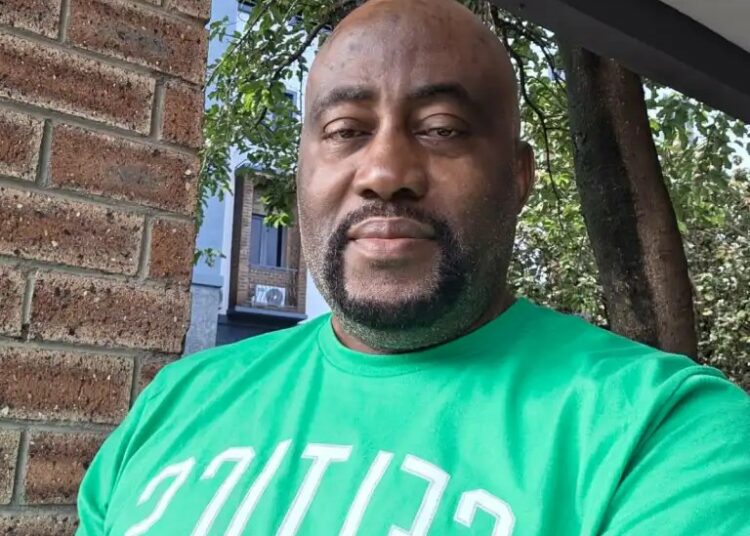Co-founder of Tilova for Africa, a United States-based non-profit organisation, Mr. Martin Nwabueze, has expressed concern over the escalating mental health crisis in Nigeria, linking it to rising poverty, insecurity, and poor access to essential services.
In a statement issued from Tilova for Africa’s headquarters in New Hampshire, USA, Nwabueze noted that mental health conditions are affecting a significant portion of the Nigerian population, with an estimated one in four Nigerians likely to experience some form of mental health challenge.
He warned that the situation could worsen if systemic factors such as economic hardship, displacement, and trauma are not urgently addressed.
While acknowledging Nigeria’s efforts—particularly the enactment of the Mental Health Act of 2021—Nwabueze stressed that implementation has been slow, and many citizens still lack access to adequate care. “Hospitals are under-equipped, trained mental health professionals are in short supply, and many have left the country due to poor working conditions,” he said.
He added that social stigma remains a formidable barrier, discouraging many people from seeking help. “Because of widespread ignorance, mental illness is often mistaken for madness. As a result, people suffer in silence, and their conditions deteriorate,” he said.
According to Nwabueze, the root causes of many mental health problems in Nigeria are embedded in the country’s socioeconomic realities. “The stress of daily survival is overwhelming. Many households struggle to afford basic meals. Inflation continues to rise, unemployment is high, and infrastructure is in a state of decay,” Nwabueze said.
He cited growing insecurity across the country as another major contributor. “Farmers are afraid to go to their farms due to the risk of being attacked. In some cases, bandits have raped, kidnapped, or killed people on their own farmland. These traumatic experiences can leave deep psychological scars,” he said.
He recalled a tragic case where a man witnessed the rape of his wife and daughter by armed attackers on their farm, and another where a couple was murdered in their field in Ebonyi State. He also referenced the story of a six-year-old boy in Plateau State who became hysterical at the sight of police officers after watching his parents being killed—indications, he said, of the deep emotional wounds being carried by both adults and children.
Nwabueze explained that hopelessness has pushed many into drug use, while others now depend on gambling as a means of survival. “These are symptoms of a broader mental health emergency,” he said.
He called for a holistic approach to tackling the problem, urging the Nigerian government to integrate mental health into broader public health strategies. Suggested interventions include raising public awareness, improving healthcare access, reducing stigma, and providing social support systems.
“Government must take deliberate action to reduce poverty and insecurity, and promote mental well-being as a core part of national health. Mental health should no longer be treated as a secondary issue,” he said.
Nwabueze said Tilova for Africa is committed to empowering vulnerable communities across Nigeria and other parts of Africa through advocacy, education, and support services. He added that the organisation is open to collaborations that can expand mental health outreach and support systems in underserved areas.
We’ve got the edge. Get real-time reports, breaking scoops, and exclusive angles delivered straight to your phone. Don’t settle for stale news. Join LEADERSHIP NEWS on WhatsApp for 24/7 updates →
Join Our WhatsApp Channel










